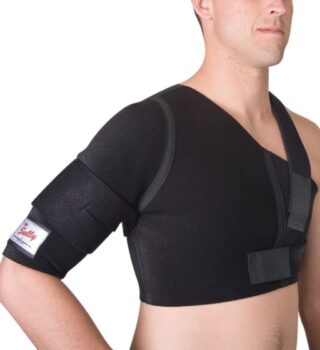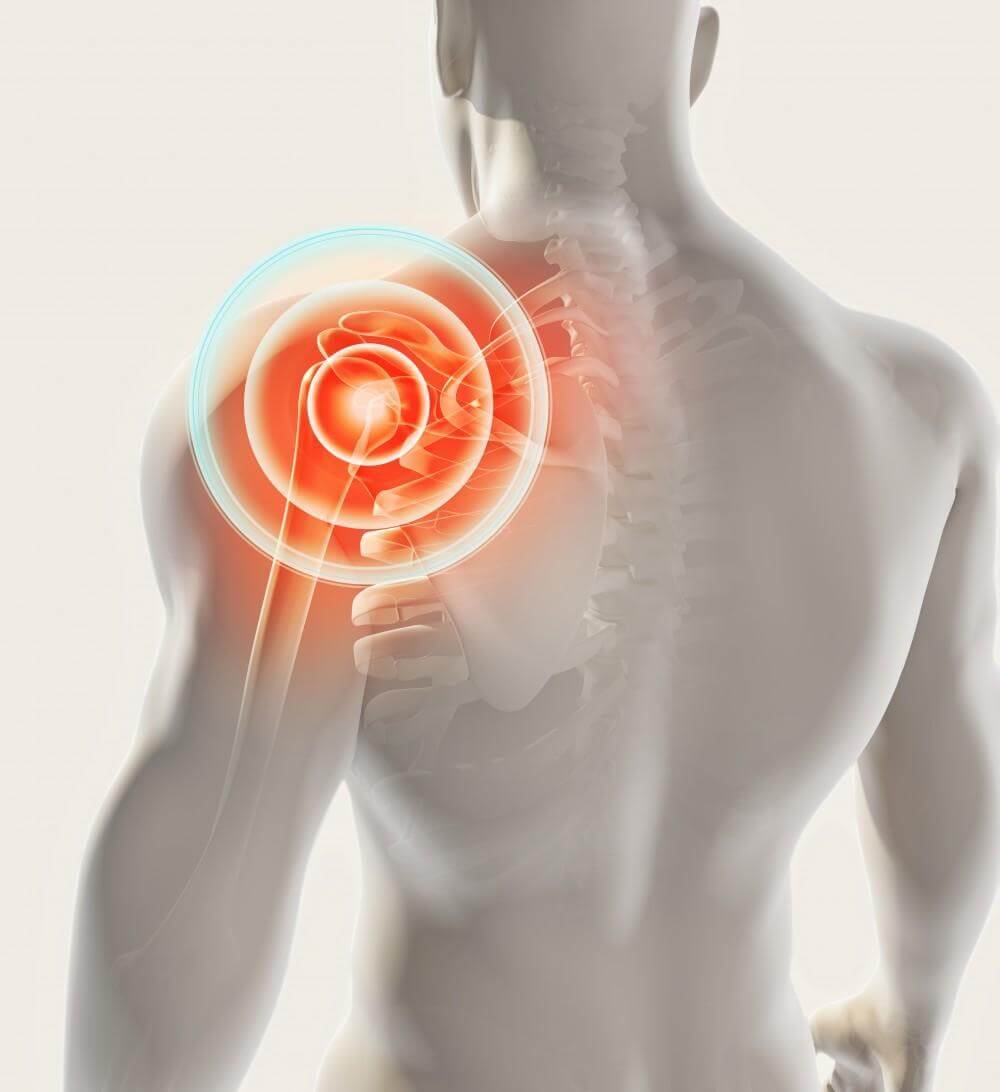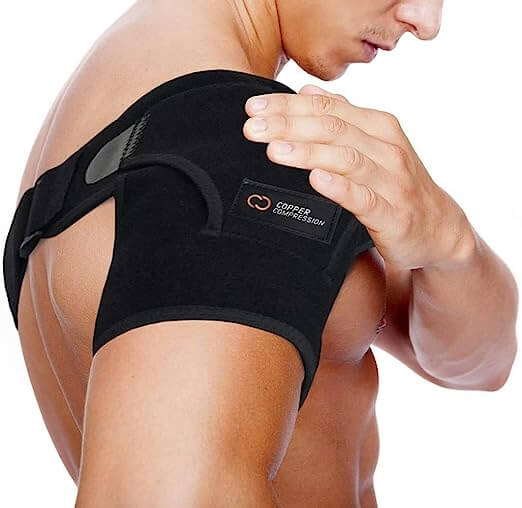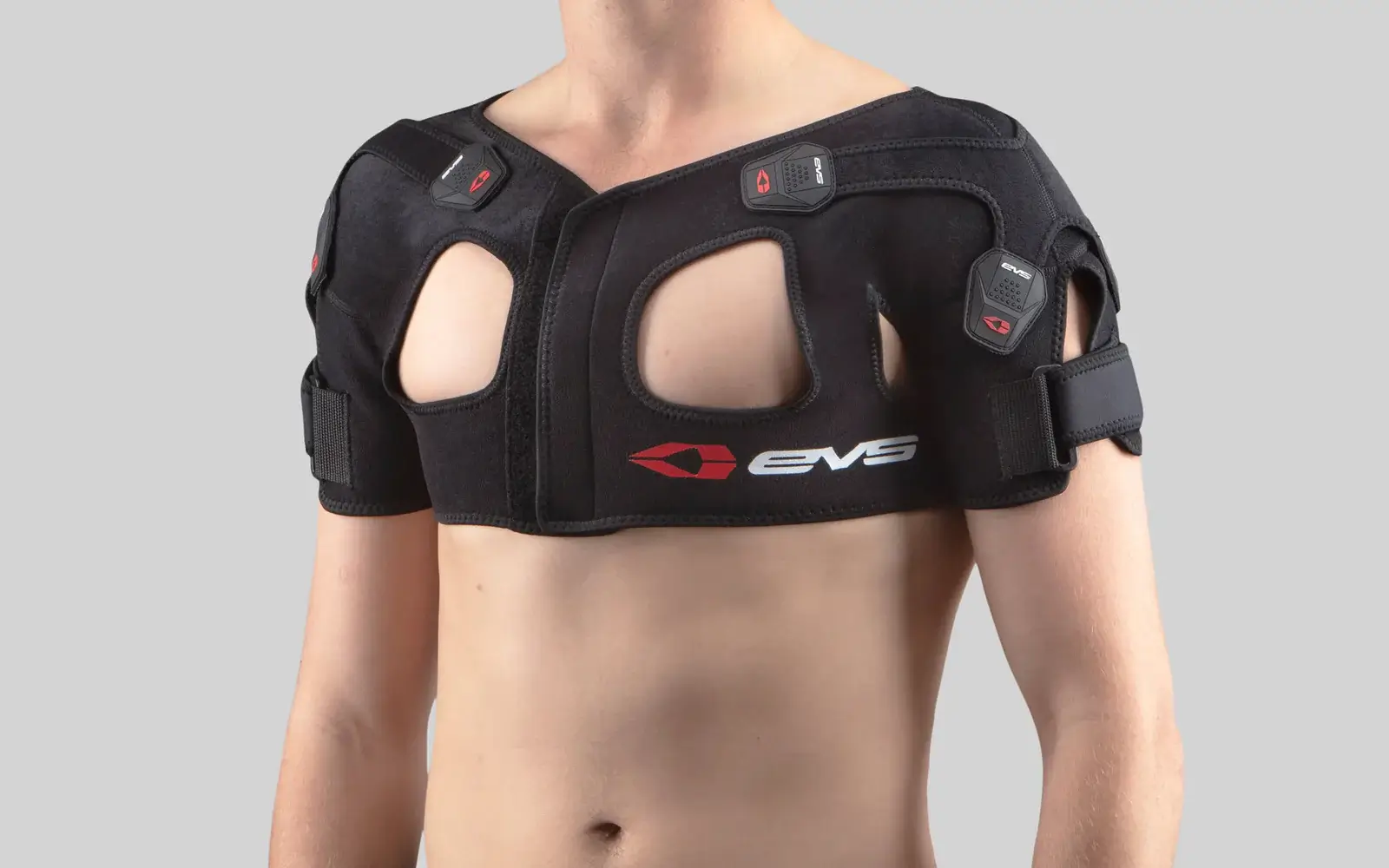Shoulder injuries can be really painful and make it hard to do everyday stuff. But don’t worry! Whether you’re a sports player, getting better from surgery, or just have a sore shoulder, a shoulder brace can help you feel better and heal faster. In this guide, we’ll talk about shoulder braces, what they do, why they’re helpful, common shoulder injuries, and how to get better from them.
What is Shoulder Brace Support?
Shoulder brace support means giving your shoulder extra help from outside using a special piece of clothing or tool. These braces are made to keep your shoulder steady, stop certain movements, and make sure it stays in the right place. This helps reduce pain and stop your shoulder from getting hurt more.
What Does a Brace Do for Shoulder Support?
A shoulder brace does a few things to help your hurt or weak shoulder:
- Stability: It stops your shoulder from moving too much, so it stays where it should.
- Compression: Many shoulder braces press gently on your shoulder to make it less swollen and painful.
- Posture Correction: Some braces help you stand up straight by pulling your shoulders back.
- Pain Relief: By holding your shoulder in place, the brace can make it hurt less.
- Protection: If you’re getting back into sports or activities after an injury or surgery, a brace can keep your shoulder safe from getting hurt again.
What are the Benefits of Using Shoulder Braces?
Shoulder braces aren’t just for support. They have some extra benefits too:
- Faster Healing: By keeping your shoulder still or moving less, braces help your shoulder heal better.
- Better Movement: Braces can help you move your shoulder more easily by giving it support.
- Stopping More Hurt: If you’re prone to shoulder injuries, a brace can stop them from happening again.
- No Surgery Needed: Braces can often help without needing surgery.
- Lots of Choices: There are many types of braces, so you can find one that works for you, whether you need it for every day or for sports.
Common Shoulder Injuries
Knowing about common shoulder injuries helps you pick the right brace and treatment:
- Rotator Cuff Tears: These happen when the muscles and tendons in your shoulder get torn or strained. They make your shoulder weak and hurt.
- Shoulder Dislocation: This is when your upper arm bone comes out of its socket in your shoulder. It’s often caused by an accident or doing the same movement over and over.
- Shoulder Impingement Syndrome: This happens when the tendons in your shoulder get squeezed between the bones, making them hurt and swell.
- Shoulder Instability: Your shoulder can’t stay in place like it should, so it keeps popping out, causing pain.
- Frozen Shoulder (Adhesive Capsulitis): Your shoulder gets really stiff and painful, making it hard to move.
Important Considerations for Shoulder Injury or Recovery
Besides wearing a brace, these things help your shoulder get better:
- Physical Therapy: Doing special exercises helps make your shoulder stronger and more flexible.
- Rest and Not Moving Too Much: Giving your shoulder a break and not doing things that make it hurt more is important for healing.
- Starting Slow: After resting, you need to slowly start moving your shoulder again to avoid hurting it again. A doctor or therapist can tell you how to do this safely.
- Moving Right: Doing things with the right posture and technique can stop your shoulder from getting hurt again.
- Eating Right and Drinking Water: Good food and water help your body heal faster and better.
Conclusion
Shoulder braces are great for helping your shoulder feel better and stop it from getting hurt more. Whether you’re getting better from an injury, dealing with a long-term problem, or want to avoid hurting your shoulder in the future, wearing the right brace and following a plan can help you move better, hurt less, and enjoy life more. Don’t forget to talk to a doctor or therapist for advice made just for you and your shoulder.




